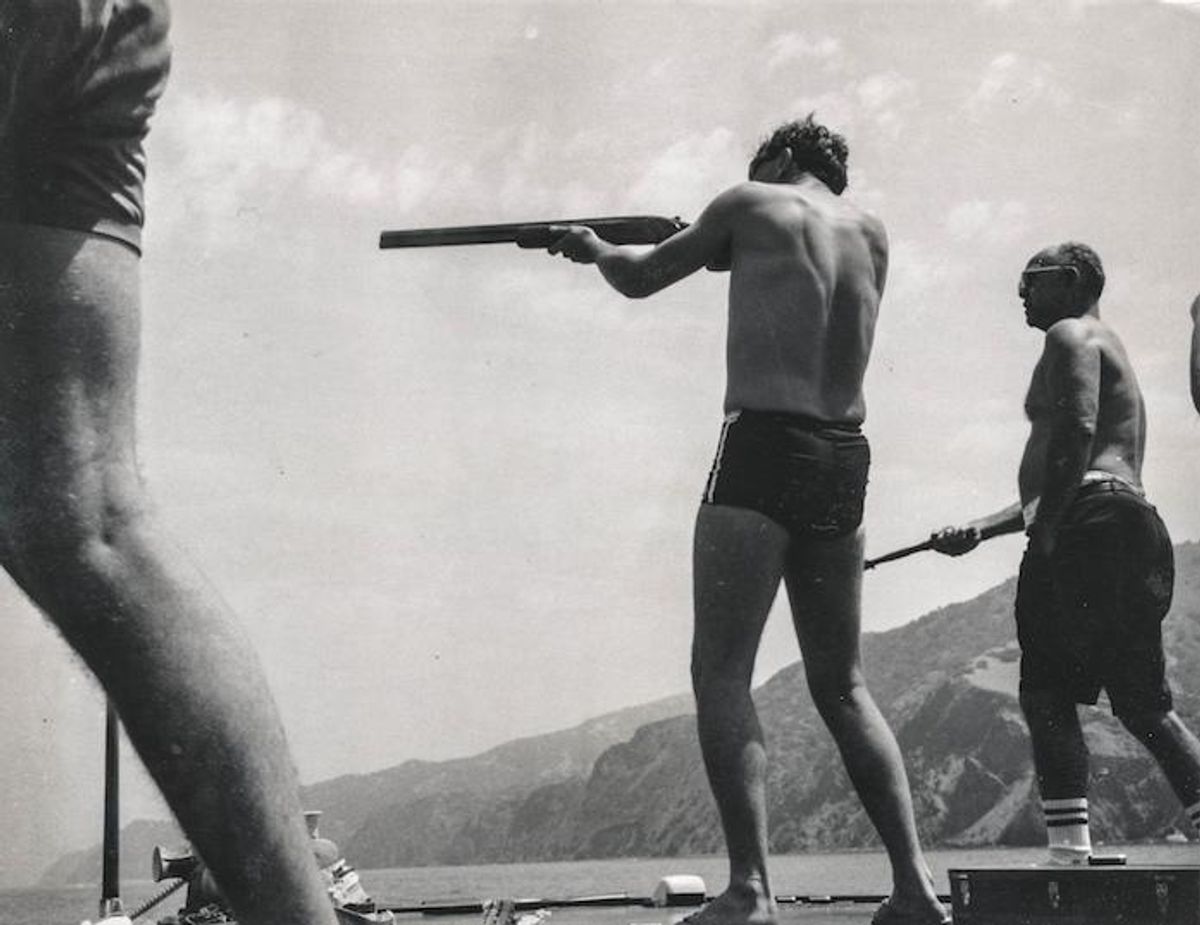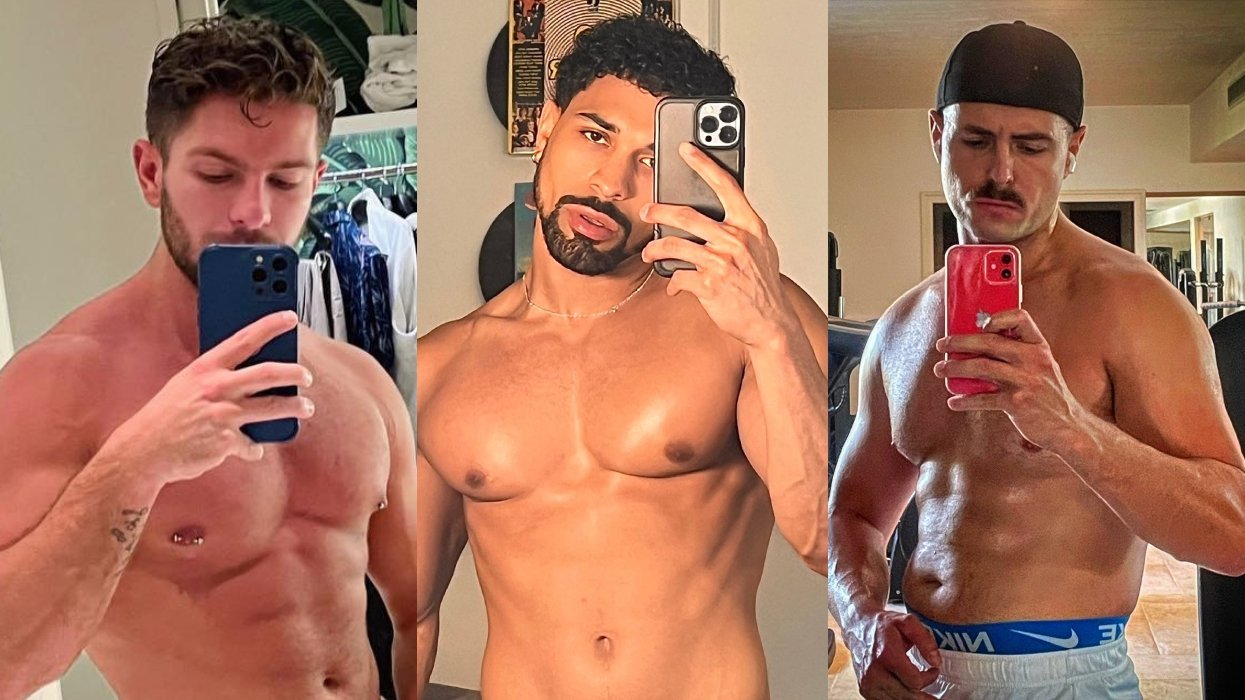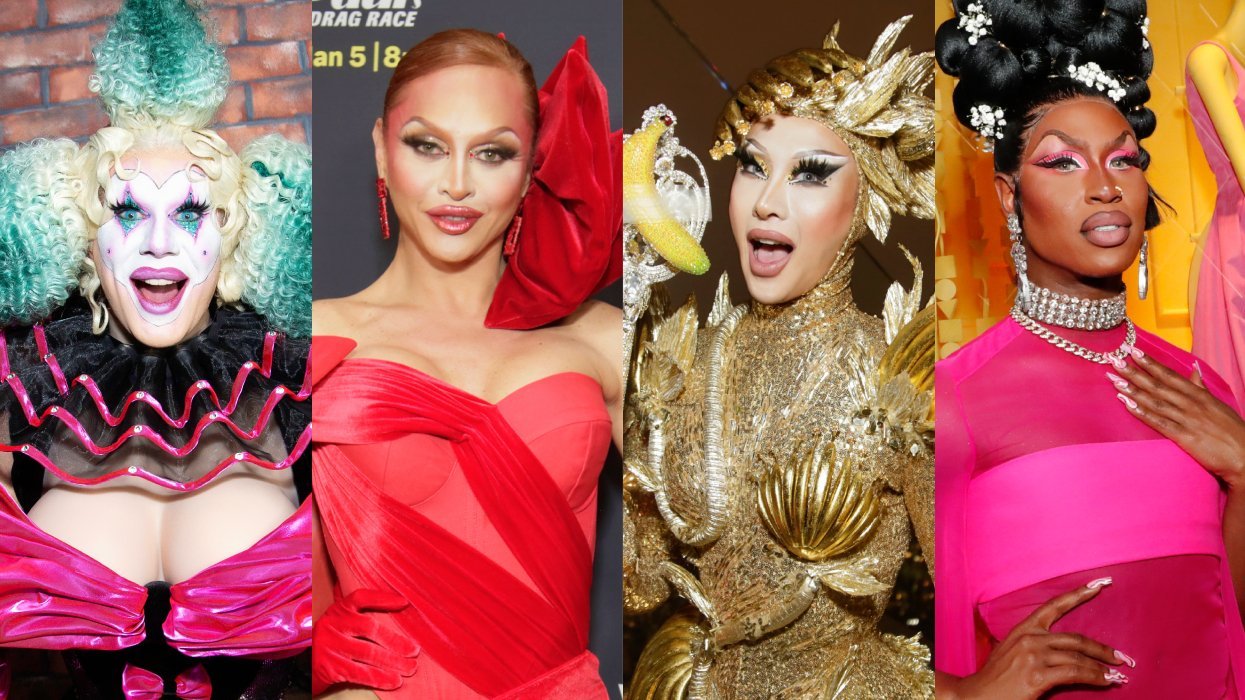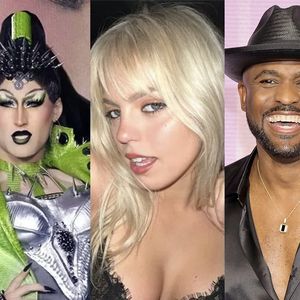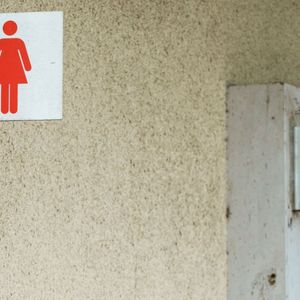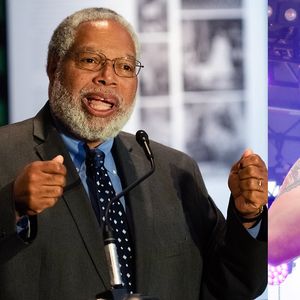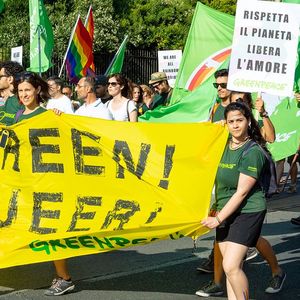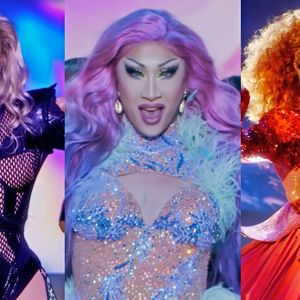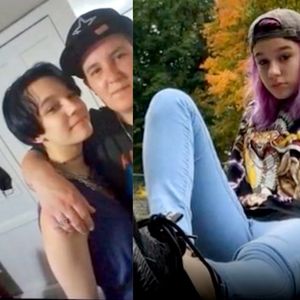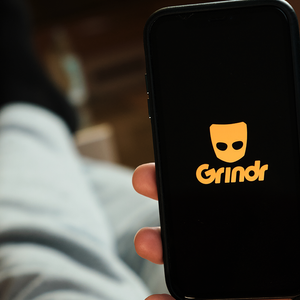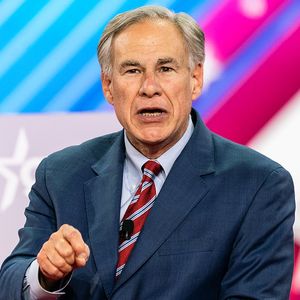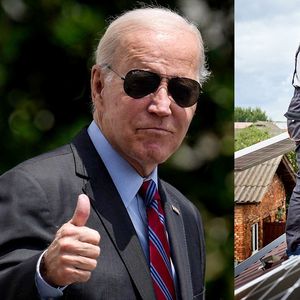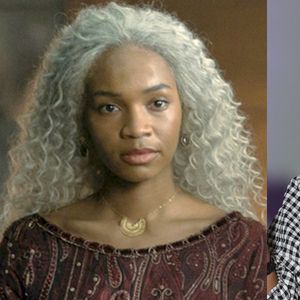Rob Hill calls from a condo in Orange Beach, Alabama. He is on vacation with his family and his partner, Ryan, away from their home in Jackson, Mississippi.
He is talking about the South and how one time, like so many gay men, he thought of getting out.
"A couple of years ago, we thought about leaving. Ryan had a job offer in New York. We had found an apartment. I'm not exaggerating when I say we were about to sign the dotted line," Hill says. "But we stopped ourselves. 'What are we doing? We're running from Mississippi.' We loved our community, and we wanted to live authentically as gay men in this community."
A Methodist minister, Hill stayed. Now, he works as the Mississippi state director for the Human Rights Campaign. In the year since Obergefell v. Hodges, he has witnessed a change in the fight for LGBT rights below the Mason-Dixon.
"After the decision, Mississippians did not riot," he said. "There wasn't a huge backlash on a major scale. The decision didn't change everything, obviously. We know that when laws change, hearts and minds don't necessarily change. But I think legislators here overestimated the appetite in Mississippi for discrimination against LGBT people."
LGBTQ people may find the idea of living in the South difficult--particularly transgender people. But like Hill, LGBTQs lead meaningful lives in the South--and they often find more oppression from the gay community than the straight.
Patrick Boston, an agender gay man, has lived in Atlanta for about a year.
"When I visited from Ohio, I said, 'Oh, I don't want to live in the South," Boston says. "But in the small glimpses of what I saw, I really enjoyed it. When I finally decided to move, I came in with an open mind."
Boston soon found that the real restriction in the gay South came more from his peers than any redneck caricature--including when a gay-owned business for which he worked told him to dress "more masculine" in the office.
"The mainstream gay culture is this metrosexual male who dresses better than a straight guy and is cuter than a straight guy but still has the same masculine qualities of being an athlete or a great body," Boston says.
His partner, Barry Brandon, also in Atlanta, agreed.
"Segregation in the South goes much further now than just black and white," Brandon says. "It's also becoming gay and queer. The gay community in the South wants to live this heteronormative lifestyle because their version of being equal to someone else is living up to the standard that straight couples have."
Brandon believes this attitude, along with the oppressive climate from social and religious conservatives, contributes to the exodus of gay and queer people north and west.
"I've come across a lot of people who just sigh and look to the side when you try to talk about the queer community here," he says. "You have people who moved from a small town in Georgia to Atlanta, who look around and say, 'This can't be it.' And then they move onward to a bigger city--New York, San Francisco, D.C."
Ashely Miller, who identifies as pansexual and genderqueer, admits she often feels erased in the gay community in Columbia, South Carolina--even more since she married her husband last year.
"I've felt totally secure in a gay community in D.C. or L.A. without having to label myself," she says. "In the South, I get labeled an ally before I get labeled a member of the community because I'm not fully a lesbian or because I married a man."
She likens the attitude to border policing. "The community is defensive. It's logical, it's understandable, but it means that people in grayer areas don't get included."
Acknowledging those gray areas could be just as crucial a struggle in the queer South as the fight against religious conservatives for legal rights.
"I don't blame anyone for questioning whether they want to stay here," Hill says. "I've had plenty of moments where I've said, 'What am I doing here?' But I want to stay. I want to fight--along with gay people and allies alike."
